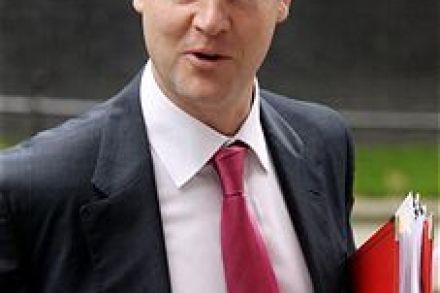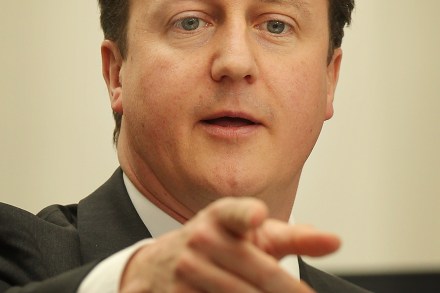Clegg holds no punches
Third time’s the charm? Not when it comes it Deputy Prime Minister’s Questions it’s not. Nick Clegg put in an effective performance this afternoon, but – just like the previous two sessions – there was rather more heat generated than light. So far as Labour are concerned, this monthly Q&A is little more than an opportunity to barrack the Lib Dem leader – and they set about the task with undisguised relish. Unfortunately for them, though, Nick Clegg bites back. Hard. Answering a question from Chris Bryant – in which the Labour MP referred to coalition housing benefit cuts as a “cleansing” of the poor from city centres – he










